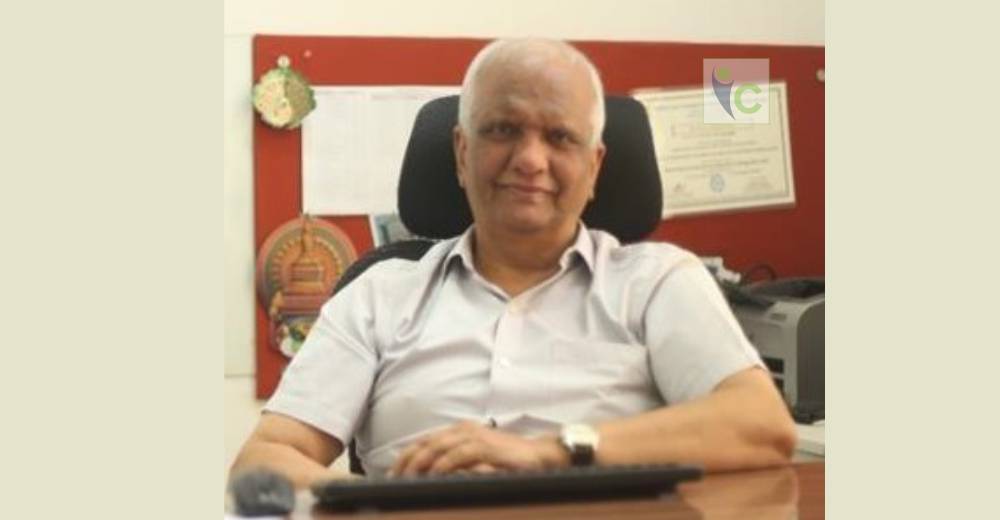Researchers have always vouched on the efficacy of stem cell therapy. Though stem cell therapy is being used for over 30 years, people’s faith in it has surged in the past few years. From treating diseases like leukaemia and lymphoma to treating various other diseases, stem cells have occupied centre stage among many researchers. Researchers now hope that stem cells will be effective in the treatment of many diseases in the near future as they believe that stem cells will help understand better how diseases occur.
Manipal Institute of Regenerative Medicine (MIRM) is one of the first stem cell training institutes in the country and provides hands-on training at world-class research laboratories.
We got to learn more about the institute that is known for its research in this field to provide a ray of hope to many in prevention and treatment of diseases.
Give us a brief overview of your company, its vision, and the key aspects of its strong foothold in the pharmaceutical industry.
Manipal Institute of Regenerative Medicine is an educational institution which focuses on teaching and research activities. The details of these activities can be seen on MAHE website www.manipal.edu/mirm. Our aim is to do basic research and educate students specialising in the niche area of stem cell technology and regenerative biology. So far, we have graduated 187 at the master level and many at PhD level. Many of the students after graduating have joined as research staff in pharmaceutical companies. Although the main theme of our research projects is in basic areas, the faculty members are actively involved in new drug discovery programmes for several types of human diseases such as Parkinson’s disease, Alzheimer’s disease and cardiovascular disorders.
What makes your company a preferred choice among your clientele over other competitors?
As mentioned, our institute works in the niche area in India and was the only institution of its kind and it was established in the year 2007. We are able to attract students who specifically wish to work on stem cell applications. More recently we have initiated joint courses along with the engineering and medical institutions of MAHE which again makes us one of the only institutions in India that offers interdisciplinary research-based projects to B.Tech. and Masters’ students in India. We are also one of the few institutions in India which gives the maximum emphasis on research while teaching the Masters’ curriculum.
Brief us about the featuring person(s) and their contribution towards the discipline of regenerative medicine as well as the pharma industry in general.
We have several faculty members to work on problems that are interesting for the pharma industry. Some of the examples given below.
Dr. Sudha R Warrier: Her group focuses on generating specific cell types which simulate as models of neuronal or cardiovascular diseases of humans. She has developed assays which are upgradable to low or medium screening of new drug entities. She also has specific assays available which can be used for assaying the toxicology of new drugs at early stages of their discovery.
Dr. Anandh D: He has developed a in vivo model of human temporal lobe epilepsy in rats. He is using these models for understanding the aetiology of the disease as well as the treatment of disease with exosomes generated by mesenchymal stromal cells.
Dr. Shagufta Parveen: She has developed the technology for generating disease specific induced human pluripotent stem cells (iPSCs) and differentiate them into specific lineages which are useful to screen drugs that are targeted against those diseases.
Other faculty members are also developed cell lines that are models for diseases such as diabetes, immuno-deficient disorders.
Share with us your opinion on the necessity for businesses to align their offerings with newer technological developments, especially when it comes to changing industry trends and customer preferences?
One of the major challenges that faces the pharma industry is the substitution of animal studies by generating disease specific in vitro models which can be used for screening new molecular targets for disease treatments. Once established these cells can also be used for checking the side effects of other established drugs which act on other cell targets. Research being done at MIRM is an important location for identifying and further develop such in vitro human cell models for specific diseases.















